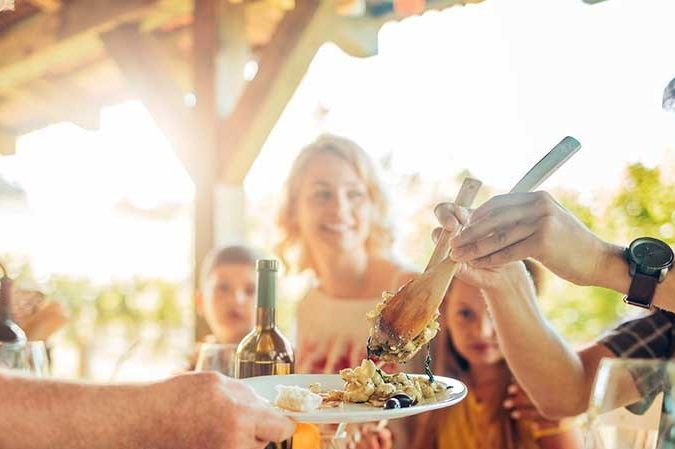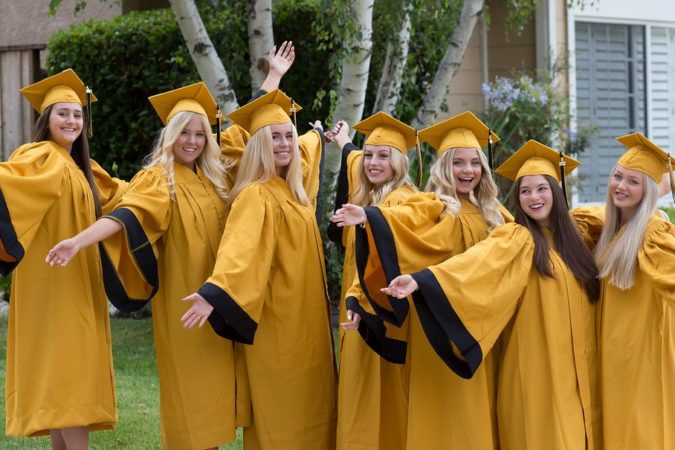School Immersion in Norway – 16 -18 years old – 1 semester or 1 academic year
Our high school programme in Norway is aimed at all students aged between 16 and 18 who are motivated to study for 1 semester or 1 academic year in this country with its grandiose and magical landscapes, and enjoy an unforgettable experience!
You will attend a Norwegian high school and share the daily life and lifestyle of your host family. This programme offers a real linguistic and cultural immersion in the heart of Norwegian life.
No previous knowledge of Norwegian is necessary (beginners accepted), but a good level of English is required.
Nature is at the heart of the Norwegian way of life, with grandiose and unique landscapes, glaciers, magical fjords, the northern lights, the midnight sun, mountains… so many opportunities to enjoy an outdoor activity in the company of your Norwegian family or friends! In winter you can ski or snowboard, and in spring and summer you can hike or canoe .
Why study in Norway?
- An excellent education system, based on the principle of education for all and encouragingcritical thinking and individual reflection
- A high quality of life
- Dreamlike landscapes: glaciers, fjords, northern lights, midnight sun, snow-capped mountains…
- The principle of equality is fundamental to Norwegian society and has shaped its development
- Environmental protection and sustainable development are an integral part of the Nordic way of life
- Norwegians are warm-hearted people who have a very close relationship with nature. They enjoy outdoor sports and activities all year round
- Ideal destination for nature lovers
- Everyone speaks English
Although descended from the Vikings, Norwegians are profoundly peaceful, warm and welcoming people with a great sense of humour. As we say here: ” A cold country, with warm people! Norway has some of the most spectacular scenery in the world! If you love nature and outdoor activities, if you want to meet friendly people, Norway is the ideal country for an extraordinary experience, off the beaten track!
Norway
- Population: 5.5 million
- Capital: Oslo
- The happiest people in the world
- A safe country with a high quality of life
- One of the richest countries in the world, thanks to its large oil deposits
- Snow is part of life (here, over 100 words for snow…)
- The most important Norwegian word: “Kos”, a clever mix of warmth, caring, attention, laughter, conviviality, but also a cup of coffee accompanied by a cinnamon bun…
Placements take place all over Norway. The student can therefore be placed in a large city or in a more rural area. In Norway, housing is scattered.
There are 2 official languages in Norway: Bokmal (the mother tongue of 80% of Norwegians) and Nynorsk (17.5%). Both are North Germanic languages and are mutually intelligible. The first, the “language of books”, is influenced by Danish. The second is derived from ancient Norwegian dialects.
English is widely spoken, but High School classes are taught in Norwegian. It is therefore highly recommended that you prepare for your stay by taking online Norwegian courses before you leave.













